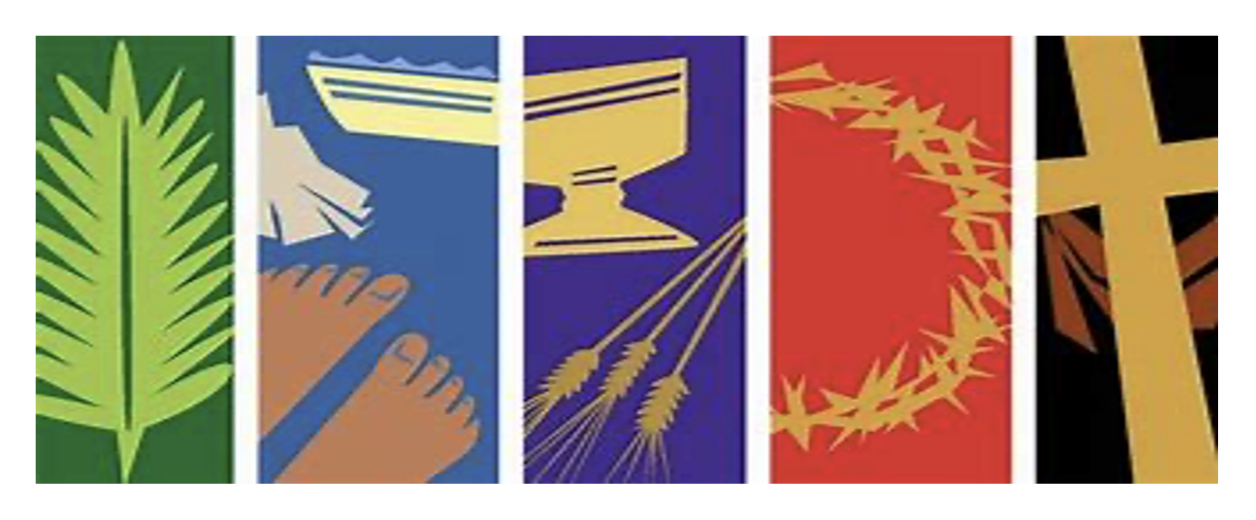
Because it marks the anniversaries of some of the most important events in the Bible, the week before Easter is called Holy Week.
It was natural that Easter should become the most important day on the Christian calendar. For the first several centuries after Christ, Sunday – the day of Christ’s resurrection – was the only important day of the week. The disciples and early followers of Jesus just couldn’t stop talking about the resurrection and it became the chief subject every Sunday.
Maundy Thursday and Good Friday didn’t become a part of congregational worship until about the fifth century. It was during that era that Christians began to travel again to the Holy Land. While they were there, they retraced Jesus’ steps to the Upper Room and to Calvary. These processions made deep impressions on European pilgrims and were carried back to their homelands.
The day on which the Lord’s Supper was shared became Maundy Thursday, the name coming from the “new commandment” (mandatum in Latin) that Jesus gave the disciples to love one another as he loves us.
Good Friday commemorations also began to take place. Services during the time of darkness in the afternoon and Friday evening services remembered the Lord’s death and burial.
During Holy Week, we too, have the opportunity to remember what our Lord has accomplished for us. Don’t miss the rich opportunities God is giving us.
